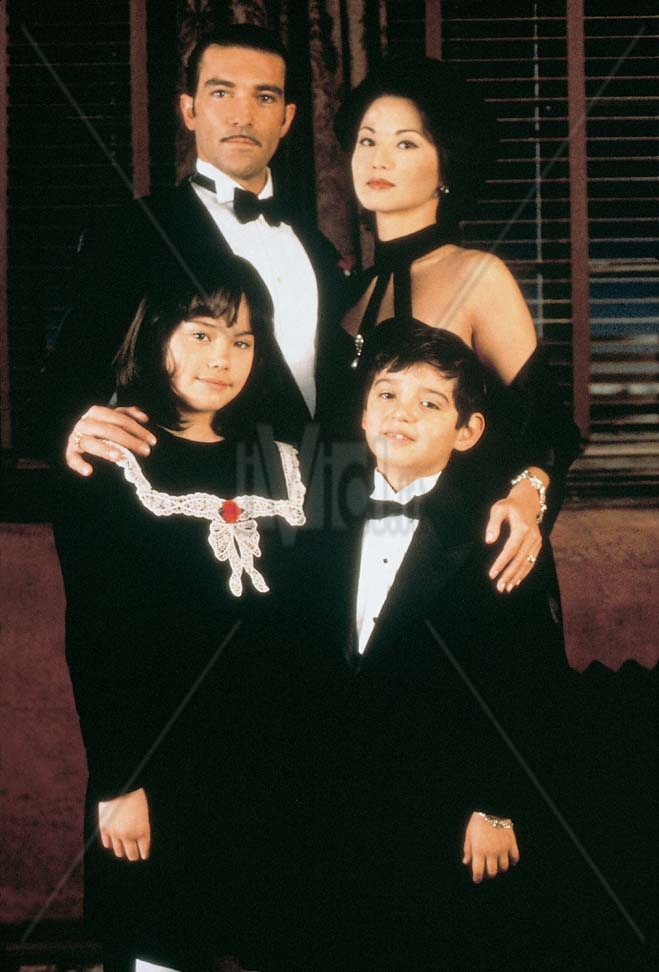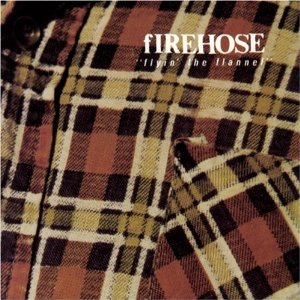Mr. Alonso,
Hi. I’m Noah Berlatsky. I’m the critic who you mocked (without mentioning my name) in your interview with Albert Ching at Comic Book Resources last week.
That interview, as you know, focused on criticism of Marvel’s hip hop variant covers. Many writers have argued that Marvel has a poor history of employing creators of color, and that, therefore, its variant cover project seems to celebrate the work of black art at a company that has largely ignored black people. I made that argument myself at the Guardian. In doing so, I failed to acknowledge that Marvel had hired many people of color to do the cover variants. I apologized for that on twitter. And, as I said, you took that as an opportunity to throw some elbows my way.
I have no objection to the elbows. I screwed up. I erased people of color when I was trying to highlight the ways in which they are erased, and for that I deserve ridicule. As one injured party, whose good efforts I should have acknowledged, you’re well within your rights to pile on.
However, I was distressed to see that you used my error as a way to dismiss, not just me, but everyone who had expressed concern about this marketing initiative. You wrote,
A small but very loud contingent are high-fiving each other while making huge assumptions about our intentions, spreading misinformation about the diversity of the artists involved in this project and across our entire line, and handing out snap judgments like they just learned the term “cultural appropriation” and are dying to put it in an essay.
That may well be an apt description of me. But you have to be aware that many other writers, who did not make the same errors I did, have raised objections, both to Marvel’s failure to employ black creators and to its generally dismissive tone when confronted. Why, in short, are you responding to one white writer who screwed up, rather than engaging with the many black writers and POC writers who have discussed this issue? I’m sure all of these folks have already been drawn to your attention, but in case you missed them, people who have tried to talk to you about this problem include David Brothers, J.A. Micheline, Shawn Pryor, and Osvaldo Oyola.
Many more people have weighed in on social media. Perhaps this is just a “small” contingent compared to Marvel’s whole audience. But it is part of the “dialogue” with hip hop you claim to want Marvel to engage in. People want to know why Marvel claims to love hip hop, but won’t hire black creators to write and draw its ongoing comics. And your response is to, very deliberately, engage with a white critic who made a mistake, while ignoring all the black people and people of color who have voiced serious concerns. That doesn’t seem like you want a dialogue with hip hop, or with anyone. It seems, instead, like you want the credibility of hip hop without engaging with the community and without doing the work.
Along the same lines, it’s great that artists like de la Soul and Nas like their covers; you gave them props, and they responded enthusiastically. However, I wish you would take a moment to go back to them and explain that you are using their endorsement as a way to avoid discussing the lack of black artists on Marvel’s regular comics line. Perhaps they would be fine with that. But it seems like you should give them the opportunity to say so, rather than making assumptions.
I suspect you will never see this letter. I had hoped CBR would give me the chance to post this on their site, especially since, in my view, their interview was sycophantic and broadly unworthy of them. Unfortunately, for me, and I feel for their integrity, they decided not to give space to a reply.
But since you made your response to criticism all about me, I felt like I should try to tell you, even if only in a small voice, that it isn’t about me. Because, as I hope you’re aware, hip hop is way bigger than me. It’s bigger than you, too. And yes, it’s even bigger than Marvel. The folks criticizing you are asking you to live up to this music and art and movement that you’re claiming that you love. As it is, the only bit of hip hop you are demonstrating real affection for is industry rule #4080. If you’d like to change that, you need to maybe stop talking and start listening — though not, in the first place, to me.
Thank you for your time,
Noah Berlatsky






